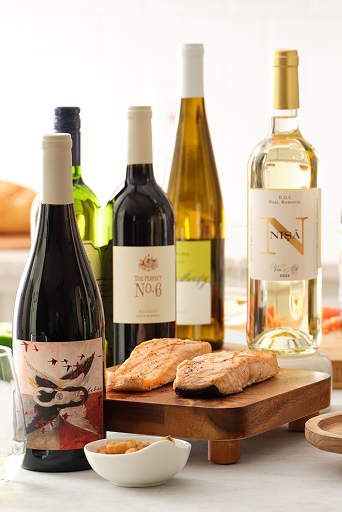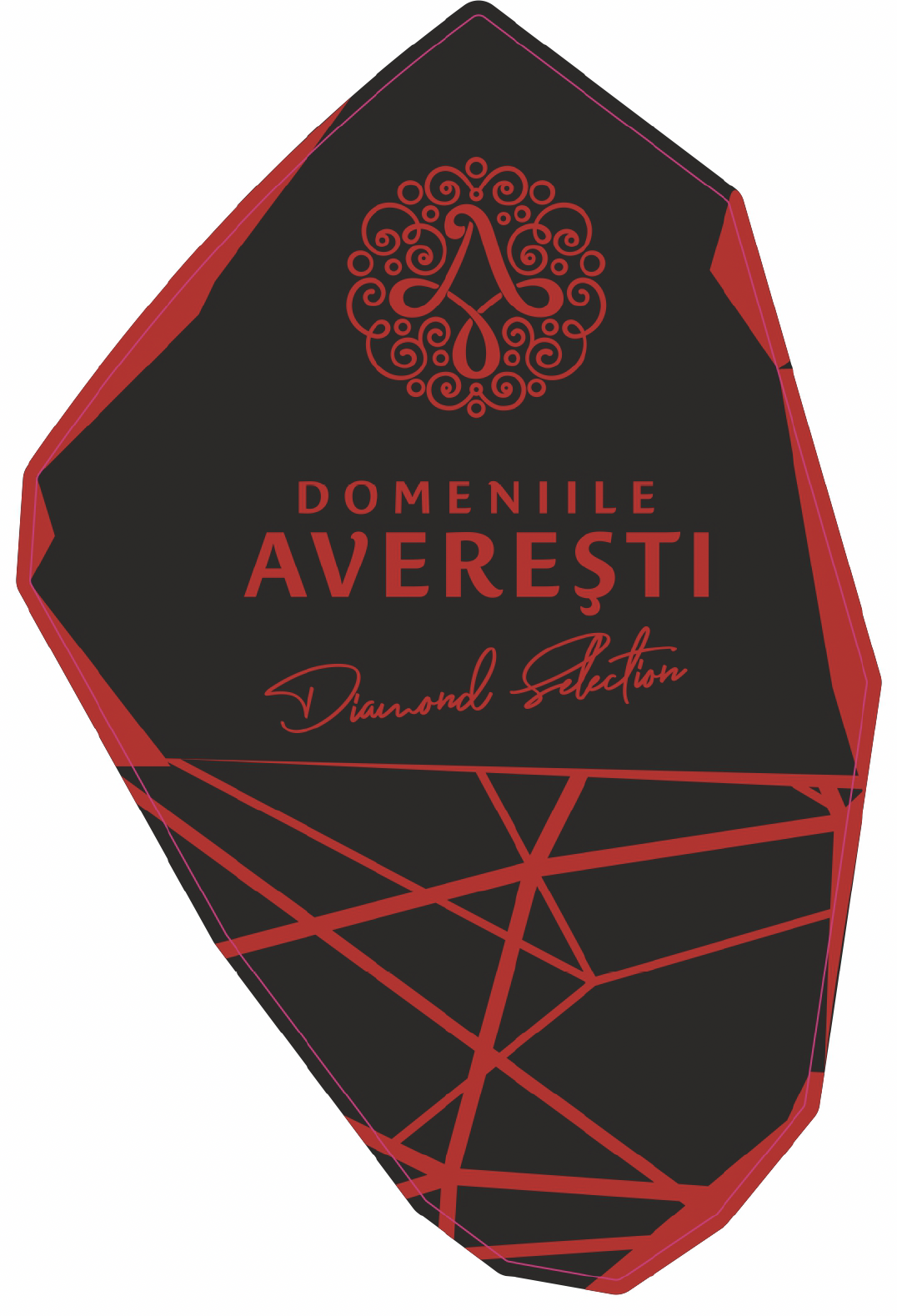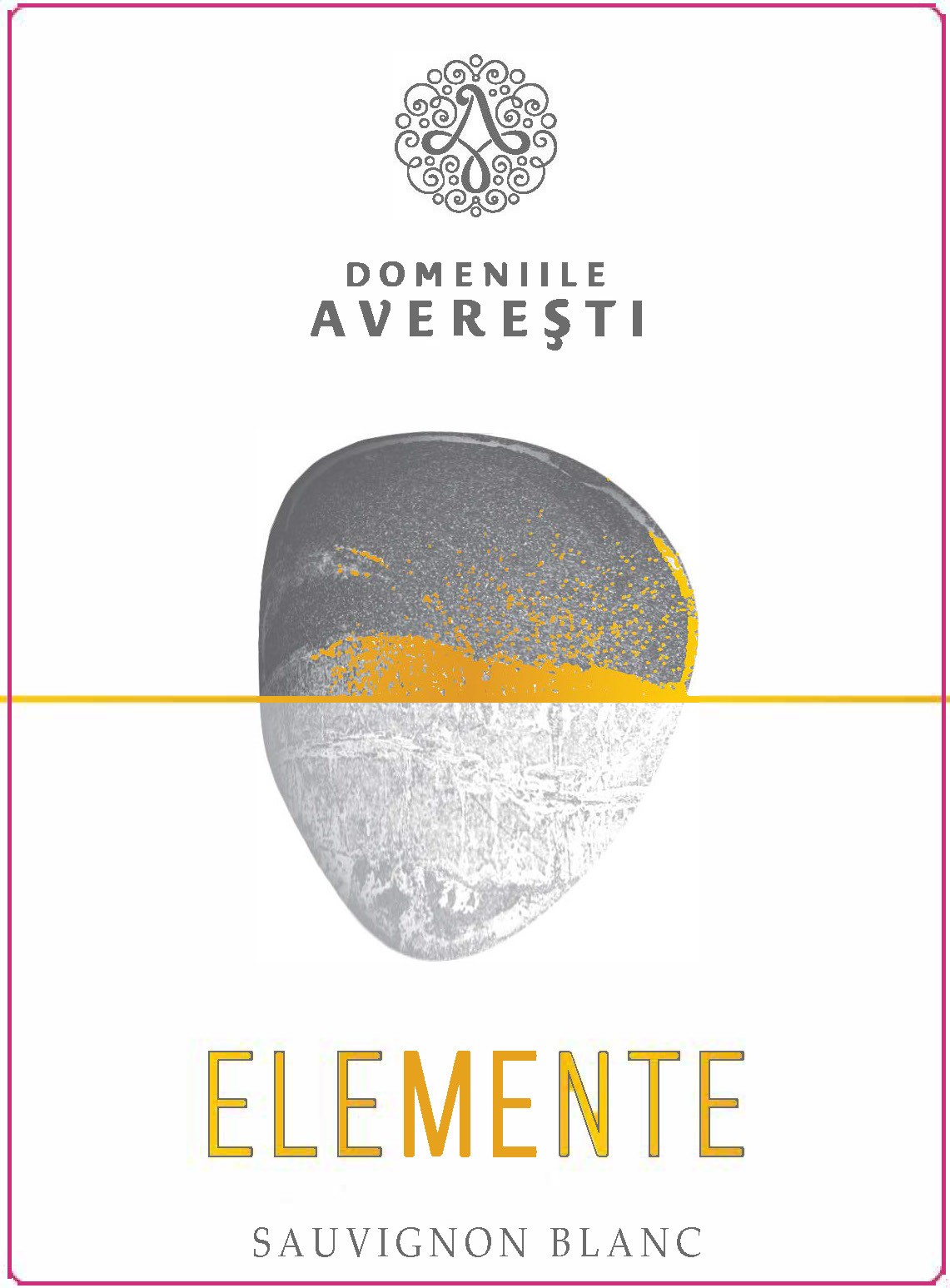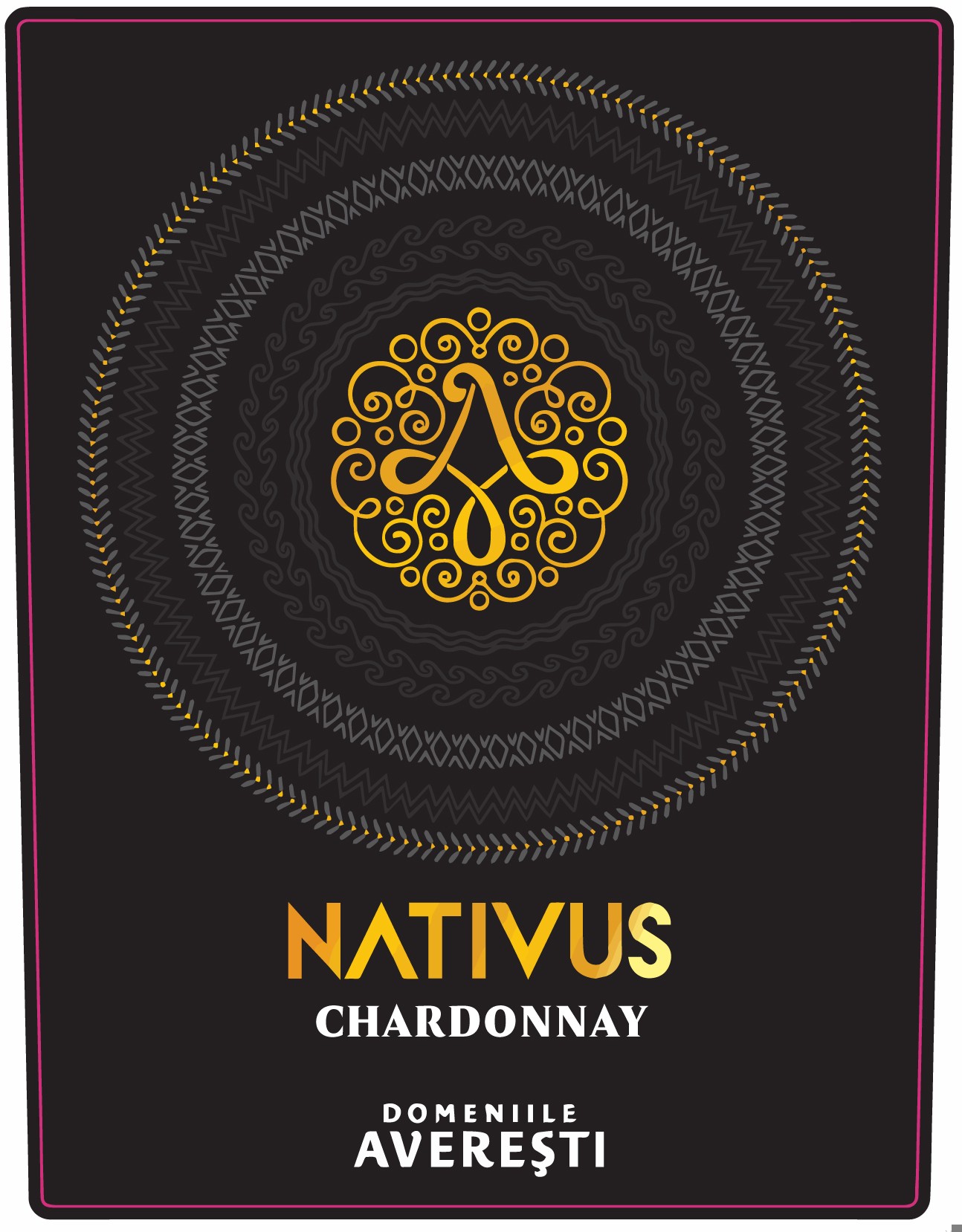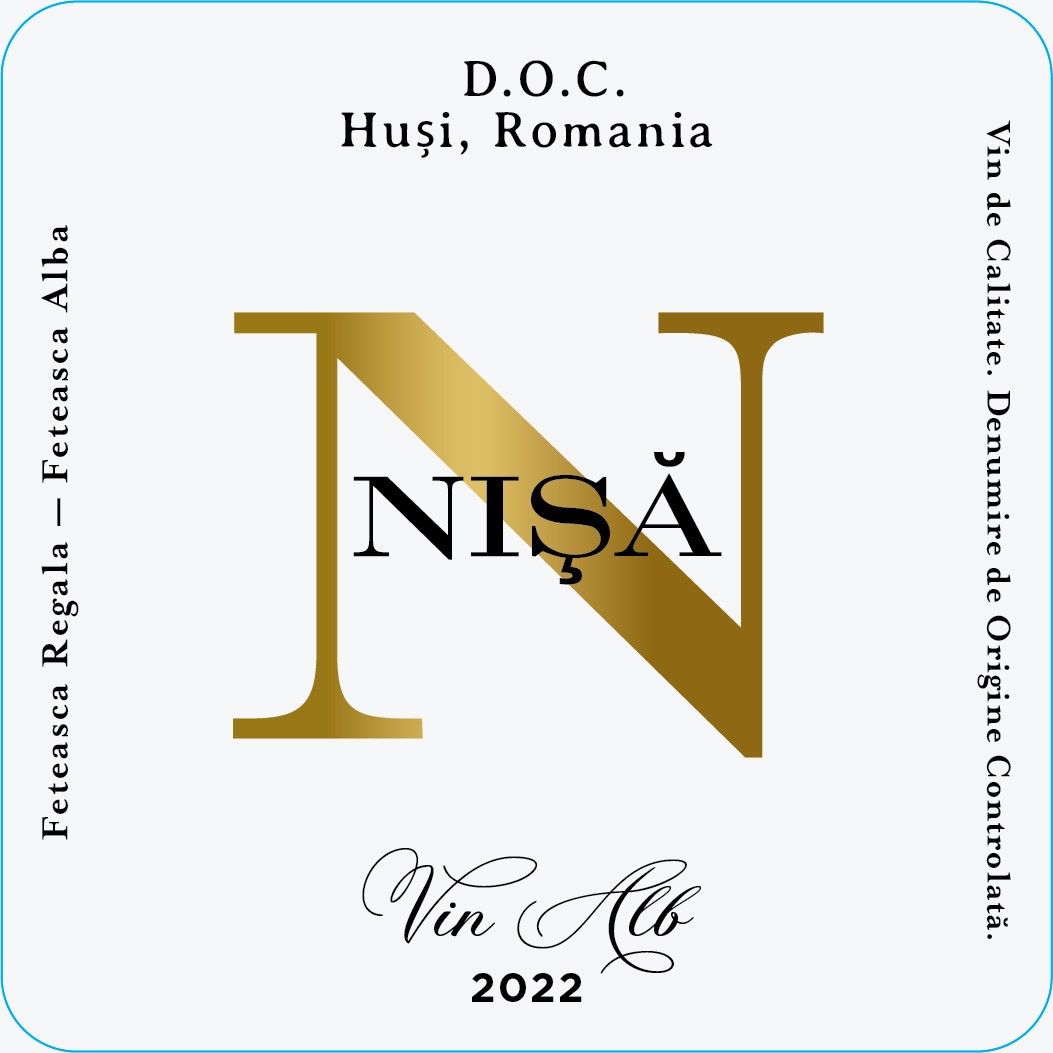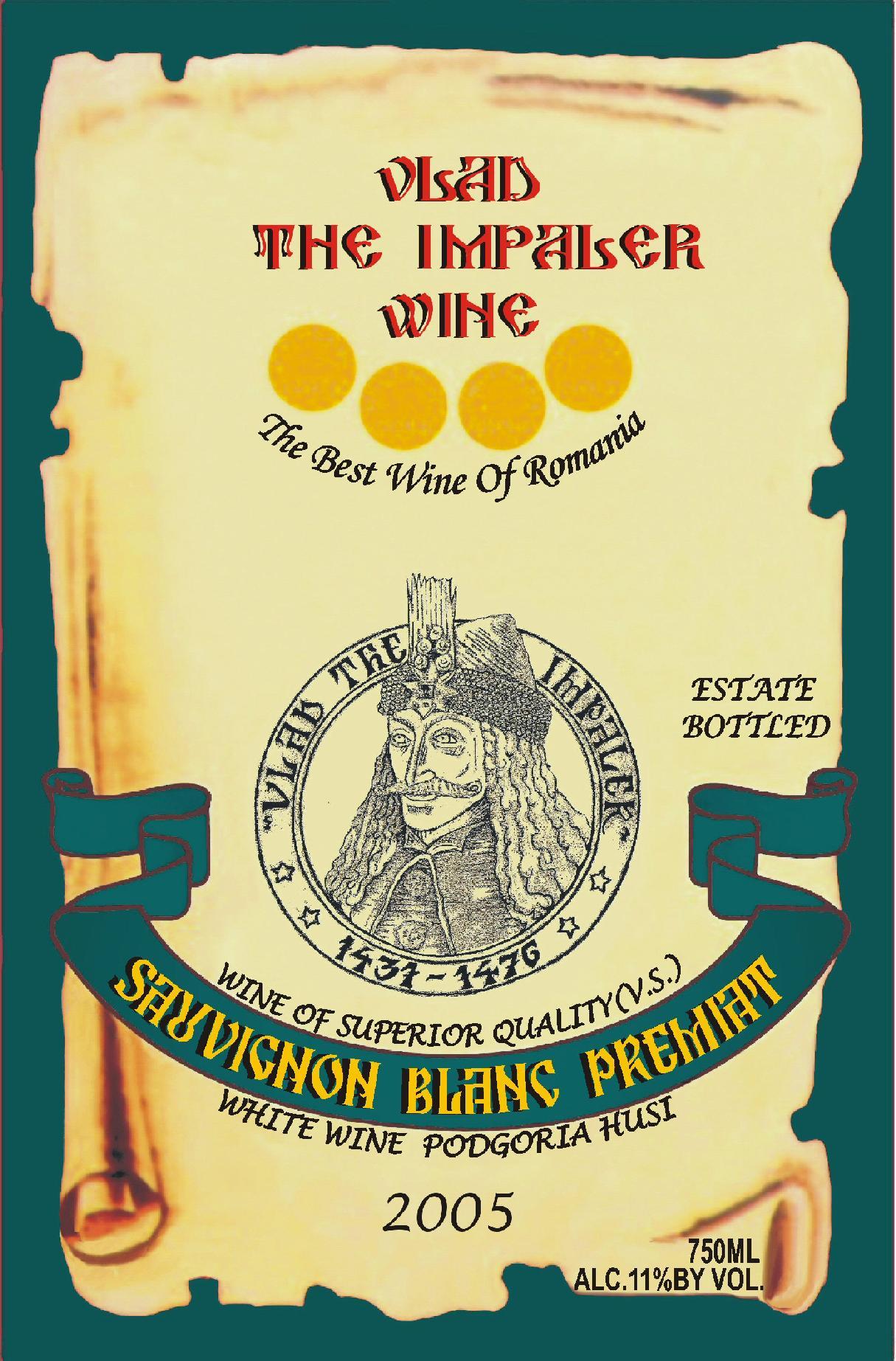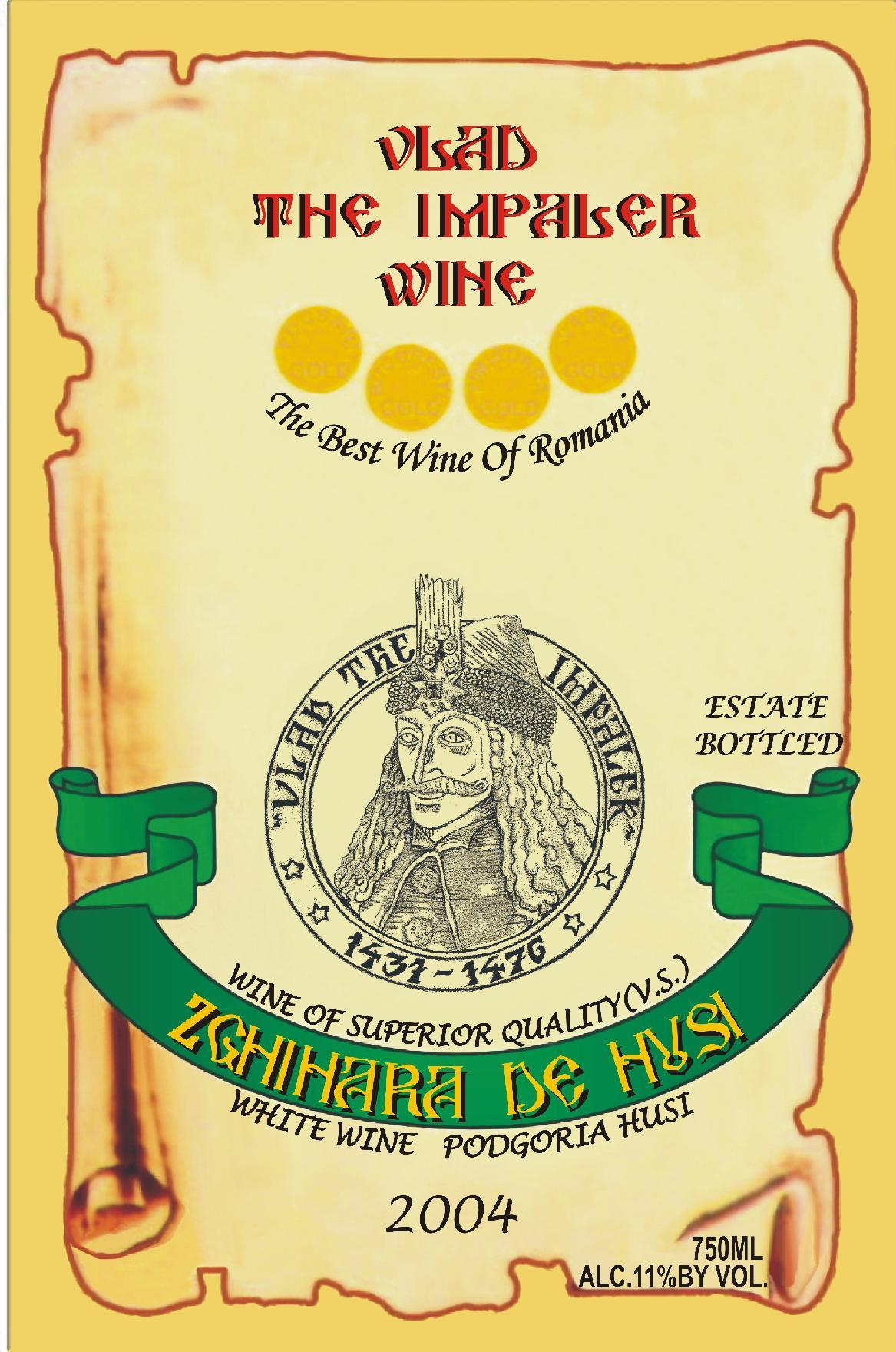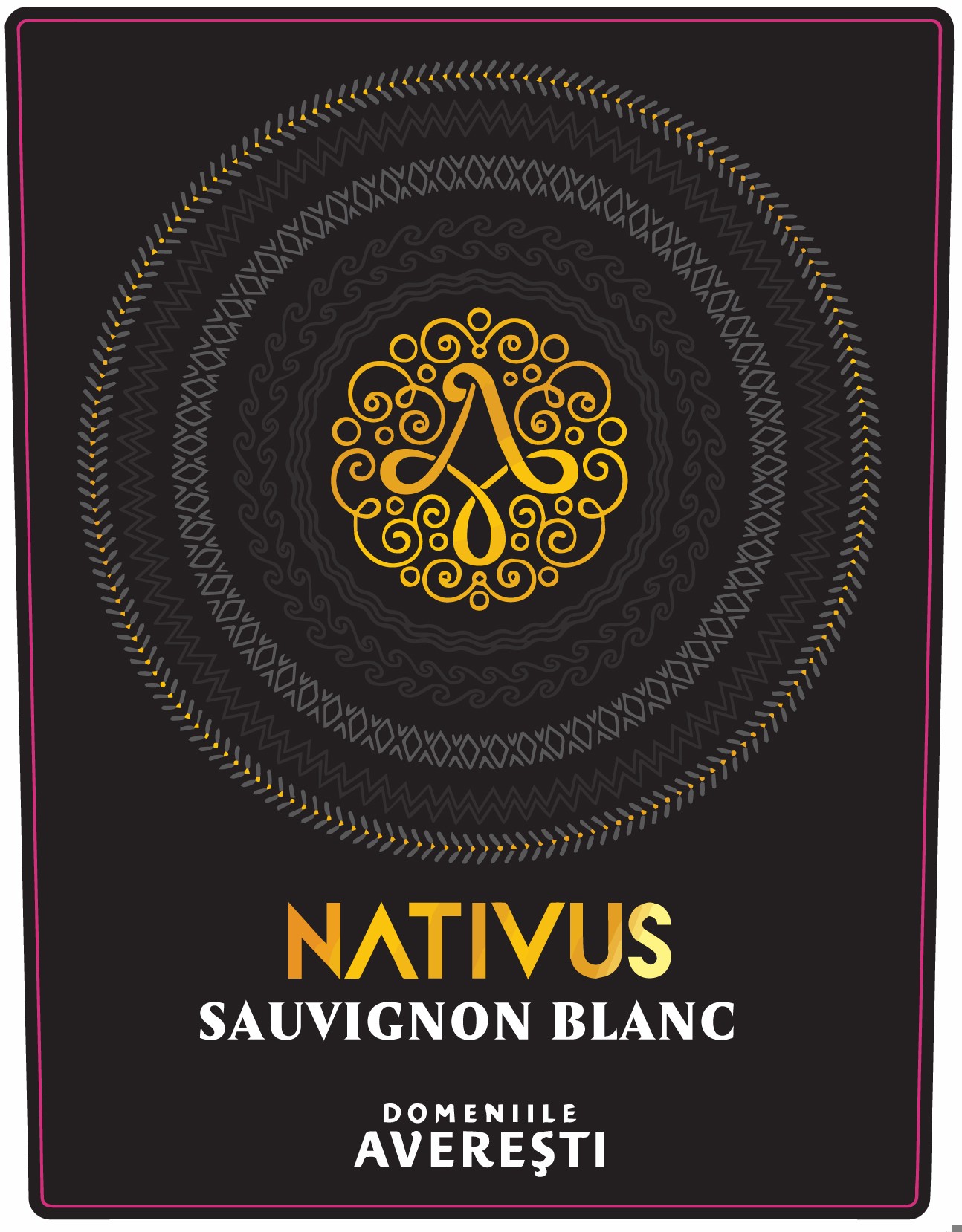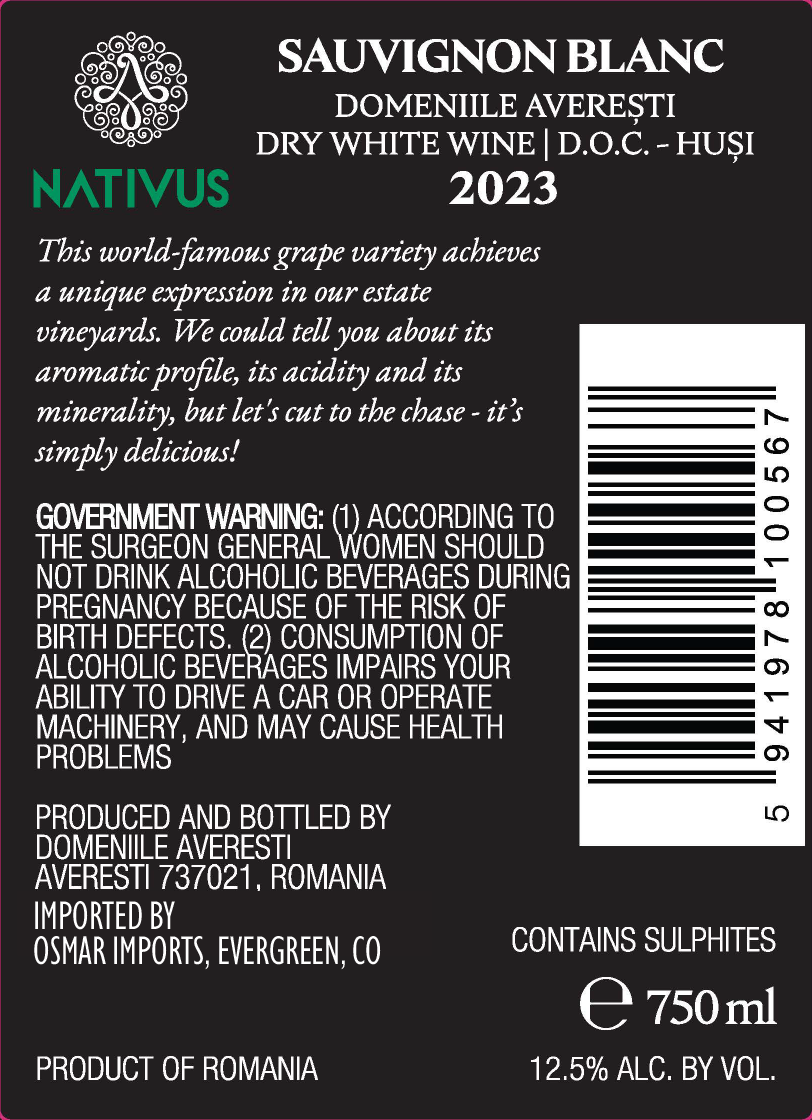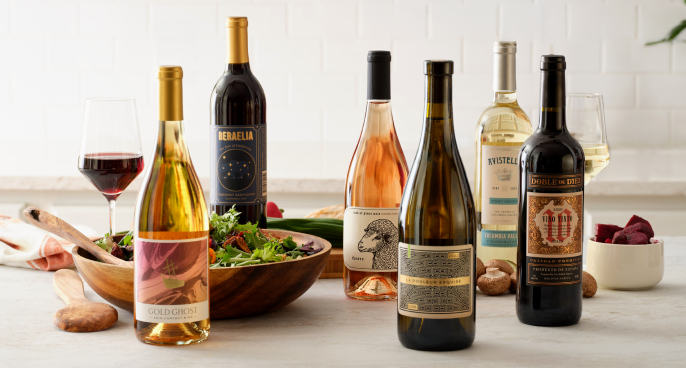Terroir of Huși
Huși's unique land is shaped by gentle hills and fertile soils, including chernozem and clay-loam over loess. These soils offer excellent drainage and mineral retention, crucial for the region's famous aromatic wines. The continental climate brings cold winters and hot summers, with July temperatures reaching 28–30 °C, creating a strong growing environment.
The vineyards enjoy a frost-free period of 170–180 days, and annual rainfall of 500–550 mm, mostly in spring and early summer, supports healthy vine growth. Dry spells that follow are perfect for ripening grapes and lowering disease risk. Special microclimates in valleys and on hilltops improve ripeness and keep the bright acidity that defines Huși wines. As summer ends, warm days and cool nights help produce wines with lively acidity, moderate alcohol, and clear aromas.
Notable Wineries in Huși
The Huși region, steeped in tradition and history, is home to some of Romania's most notable wineries. These producers are celebrated for embracing native grape varieties and modern techniques:
-
Domeniile Averești: This leading estate spans 600 ha, renowned for reviving local grapes like Busuioacă de Bohotin and Zghihară, blending innovation with heritage.
-
Huși Viticultural Research Station (SCDVV Huși): While not a commercial winery, this institution is vital for preserving native grape clones and supporting local growers with expertise and materials.
-
Viticola Huși: Originating from a regional cooperative, it celebrates traditional styles with labels like Dealurile Hușilor, honoring the area’s rich winemaking past.
Additionally, emerging family vineyards and micro-wineries are experimenting with boutique selections and organic practices, enriching Huși’s vibrant wine scene.
Sustainable Winemaking in Huși
Sustainability in Huși is steadily gaining momentum, as more vineyards adopt eco-friendly practices to preserve the region's historic winemaking legacy. Integrated pest management, cover cropping, and efficient drip irrigation are becoming standard, reducing water use and enhancing soil health. The naturally dry late summer in Huși diminishes disease risk, allowing vineyards to minimize chemical use.
Efforts to grow local grape varieties like Zghihară and Busuioacă contribute to preserving genetic diversity, while some vineyards are exploring organic methods. Though in its early stages, this movement reflects a commitment to sustainable viticulture. Energy-efficient operations and practices that promote biodiversity further support Huși's dedication to environmental stewardship, ensuring the continued production of its renowned aromatic wines.
Wine Tourism in Huși
Huși, a historic wine region in northeastern Romania, is becoming a wine tourism hotspot. With estates like Domeniile Averești, visitors can enjoy guided tastings and vineyard tours that highlight the region's signature wines, such as Zghihară de Huși and Busuioacă de Bohotin. The local cuisine, featuring delicacies like sheep cheese and plăcintă, enhances the wine experience.
The Huși Museum of Viticulture offers insights into the area's rich winemaking heritage. The autumn wine festival is a vibrant event with tastings, folk music, and traditional food. For accommodations, charming guesthouses throughout the hills provide a cozy stay. Wine routes can be combined with cultural tours, such as the Stephen the Great Monastery Trail, for a blend of wine adventures and regional history.




